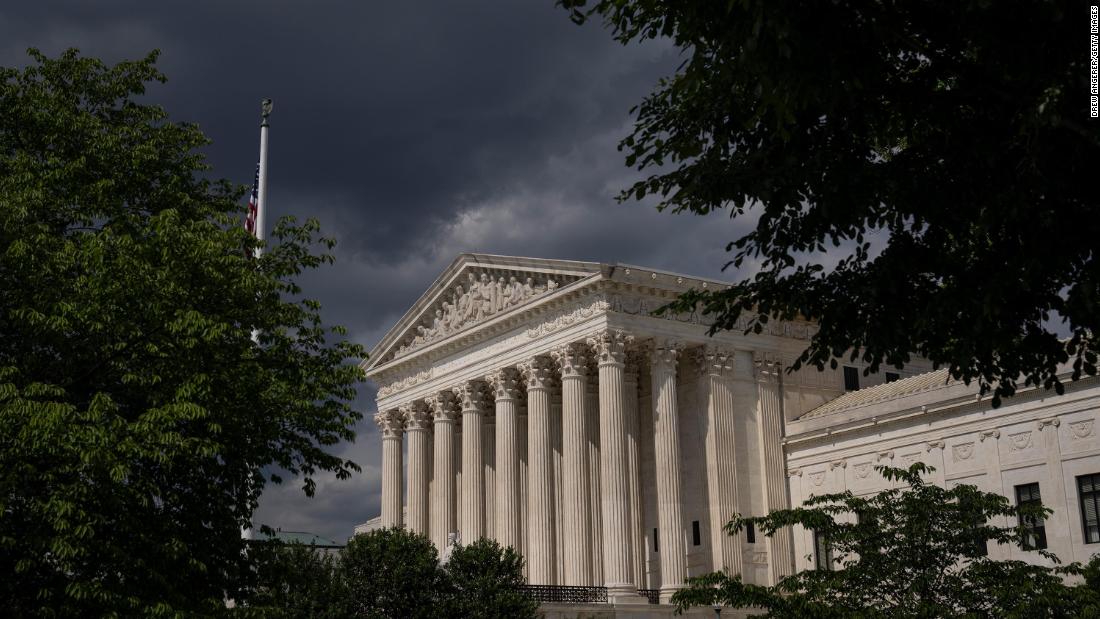Supreme Court to hear restrictive Mississippi abortion law on December 1
Roe v. Wade is the 1973 landmark Supreme Court decision legalizing abortion nationwide prior to viability, which can occur at around 24 weeks of pregnancy.
Mississippi’s Gestational Age Act, passed in 2018 but blocked by two federal courts, allows abortion after 15 weeks “only in medical emergencies or for severe fetal abnormality” and has no exception for rape or incest. If doctors perform abortions outside the parameters of the law they will have their medical licenses suspended or revoked and may be subject to additional penalties and fines.
“The conclusion that abortion is a constitutional right has no basis in text, structure, history, or tradition” Fitch told the justices.
The case for overturning Roe is “overwhelming,” Fitch said.
Julie Rikelman, a lawyer for the Center for Reproductive Health — which is representing Jackson Women’s Health Organization, the only licensed abortion facility in Mississippi, and the clinic’s medical director, Sacheen Carr-Ellis — told the justices earlier this month that they should decline the request to “jettison a half-century of settled precedent and to abandon a rule of law that this Court has said uniquely implicates the country’s confidence in the Judiciary.”
“As women athletes and people in sports we must have the power to make important decisions about our bodies and exert control over our reproductive lives,” Rapinoe said in a statement.
The justices deliberated for months whether to take up the Mississippi dispute, finally announcing their decision last spring and sending shockwaves through groups supporting abortion rights, who are fearful that the conservative majority — bolstered with three of former President Donald Trump’s appointees — will upend long-established constitutional protections for access to abortion.
A district court blocked the law in a decision affirmed by a federal appeals court.
“In an unbroken line dating to Roe v. Wade, the Supreme Court’s abortion cases have established (and affirmed and re-affirmed) a woman’s right to choose an abortion before viability,” a panel of judges on the 5th US Circuit Court of Appeals said in December 2019. “States may regulate abortion procedures prior to viability so long as they do not ban abortions,” the court held and concluded that “the law at issue is a ban.”
This story has been updated with additional developments Monday.
![]()


